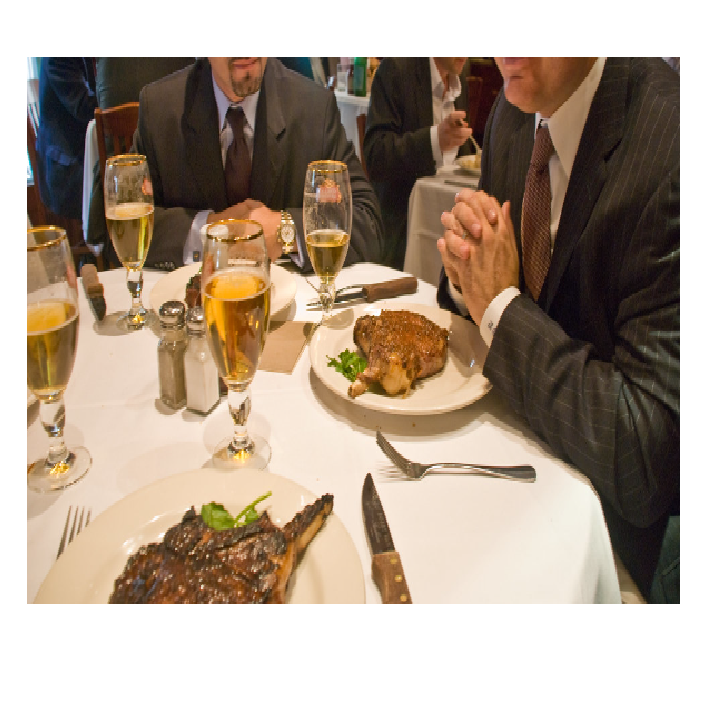Bentleys, Stokes & Lowless v Beeson [1952] 33 TC 491, EWCA
Citation:Bentleys, Stokes & Lowless v Beeson [1952] 33 TC 491, EWCA
Rule of thumb 1:If you take a client out for lunch, is this deemed to be a deductible tax expense? Yes. This case established the ‘incidental’ defence to someone being accused that expenses were not ‘wholly and exclusively’ incurred in the course of business. The Court held that where expenses are incurred in a matter that is primarily wholly and exclusively for the business, and other expenses are ‘incidental’ or secondary to the main one, then these expenses are deductible.
Rule of thumb 2:Do all expenses have to be wholly & exclusively connected with the enterprise to be tax deductible? No, not all – there is an exception to this. Where it can be shown that the expenses were ‘incidental’ branching off from a core business duty, these may be deemed to be deductible.
Background facts:
Parties argued:
Judgment:
The facts of this case were that the a partner in the taxpayer’s business went out for lunch with the company’s lawyer to obtain legal advice. It was only the partner and the lawyer there. The expenses were paid in the normal manner and the Court held that the lunch in this case was an incidental and fell within operational expenses.
Ratio-decidendi:
‘It is conceded that the first adverb - “wholly” - is in reference to the quantum of the money expended and has no relevance to the present case. The sole question is whether the expenditure in question was “exclusively” laid out for business purposes, that is: What was the motive or object in the mind of the two individuals responsible for the activities in question? It is well established that the question is one of fact: and again, therefore, the problem seems simple enough. The difficulty however arises, as we think, from the nature of the activity in question. Entertaining involves inevitably the characteristic of hospitality. Giving to charity or subscribing to a staff pension fund involves inevitably the object of benefaction. An undertaking to guarantee to a limited amount a national exhibition involves inevitably supporting that exhibition and the purposes for which it has been organised. But the question in all such cases is: was the entertaining, the charitable subscription, the guarantee, undertaken solely for the purposes of business, that is, solely with the object of promoting the business or its profit earning capacity? It is, as we have said, a question of fact. And it is quite clear that the purpose must be the sole purpose. The paragraph says so in clear terms. If the activity be undertaken with the object both of promoting business and also with some other purpose, for example, with the object of indulging an independent wish of entertaining a friend or stranger or of supporting a charitable or benevolent object, then the paragraph is not satisfied though in the mind of the actor the business motive may predominate. For the statute so prescribes. Per contra, if in truth the sole object is business promotion, the expenditure is not disqualified because the nature of the activity necessarily involves some other result, or the attainment or furtherance of some other objective, since the latter result or objective is necessarily inherent in the act.’ (the foot of page 503 and the head of page 504) Romer LJ.

Warning: This is not professional legal advice. This is not professional legal education advice. Please obtain professional guidance before embarking on any legal course of action. This is just an interpretation of a Judgment by persons of legal insight & varying levels of legal specialism, experience & expertise. Please read the Judgment yourself and form your own interpretation of it with professional assistance.

